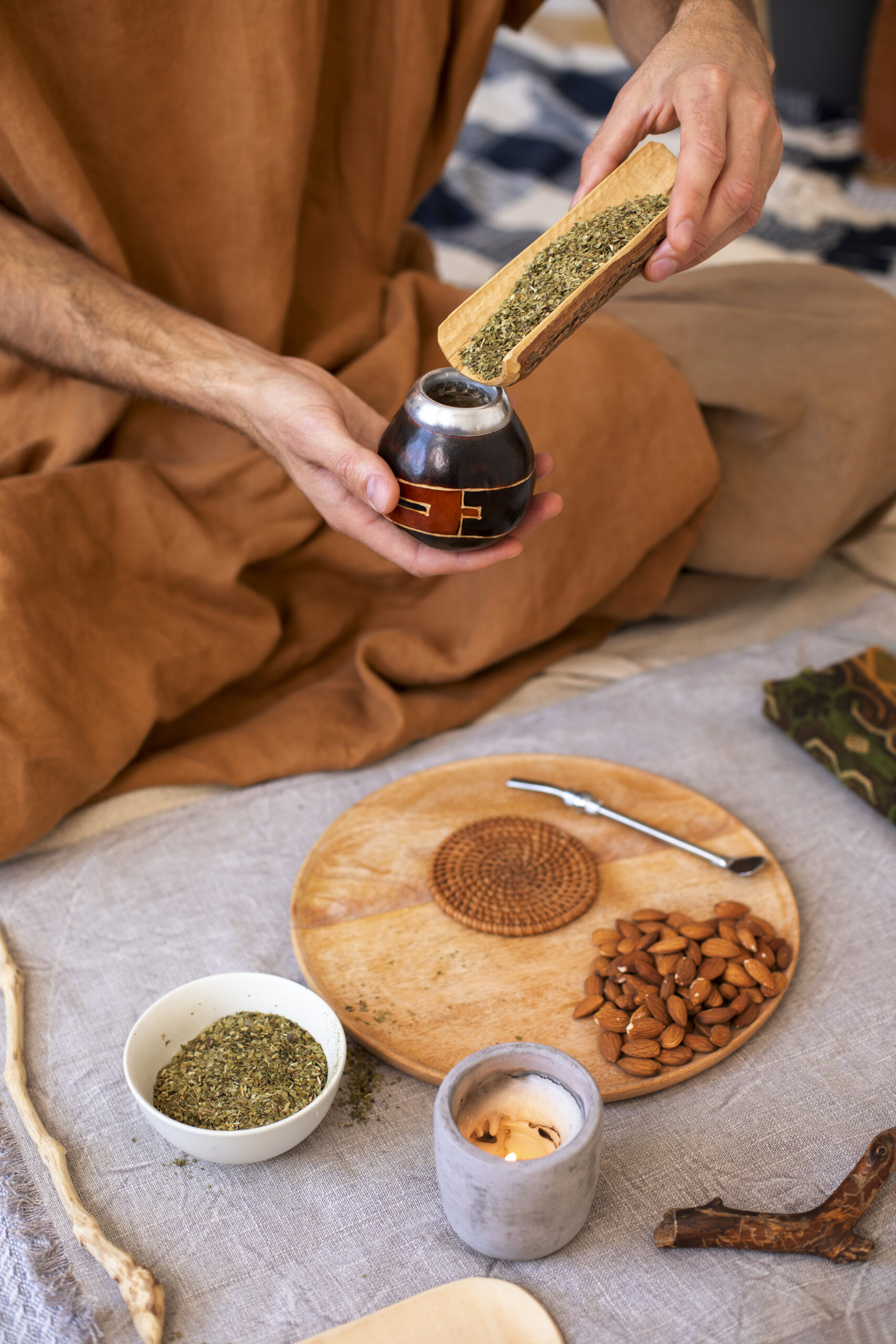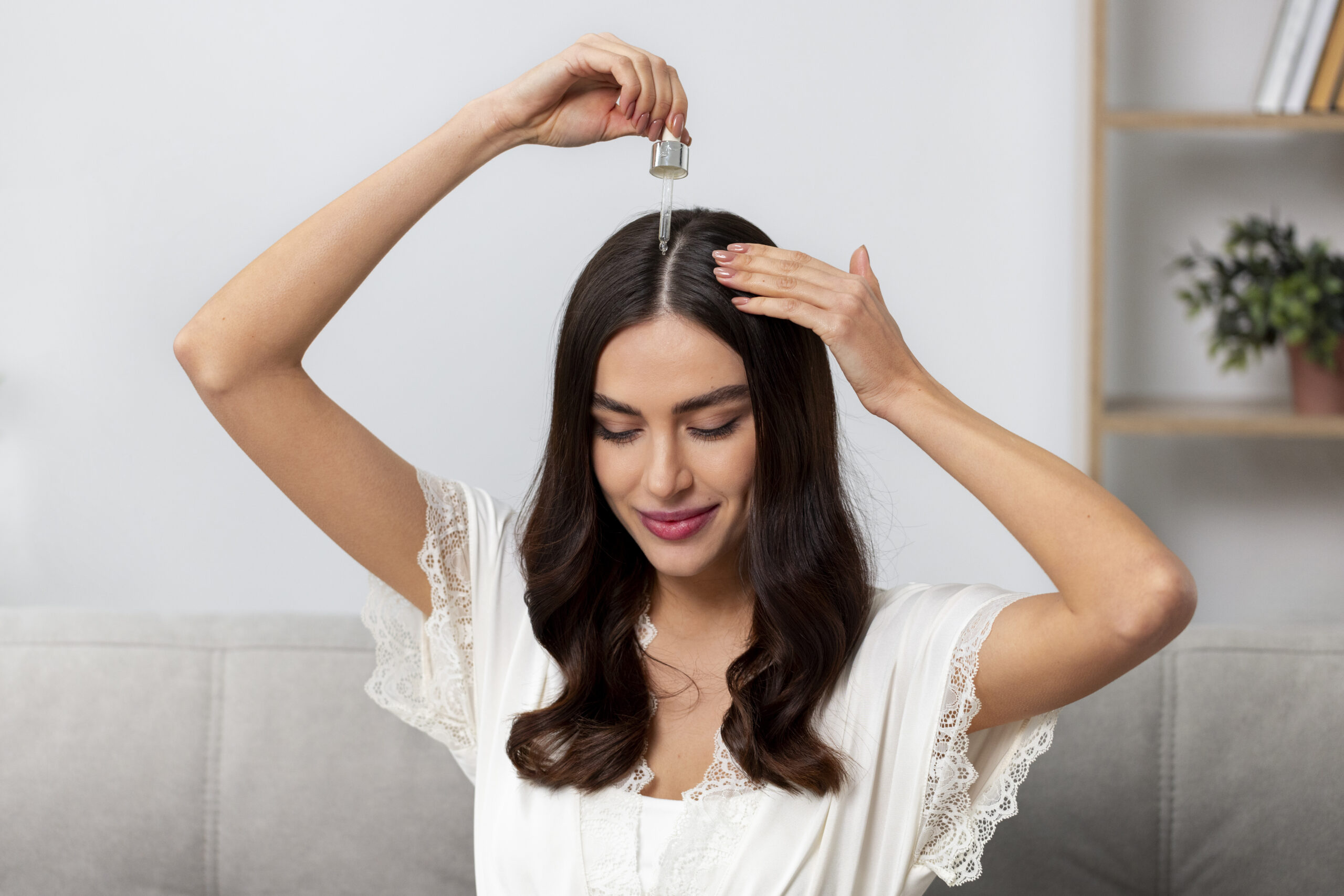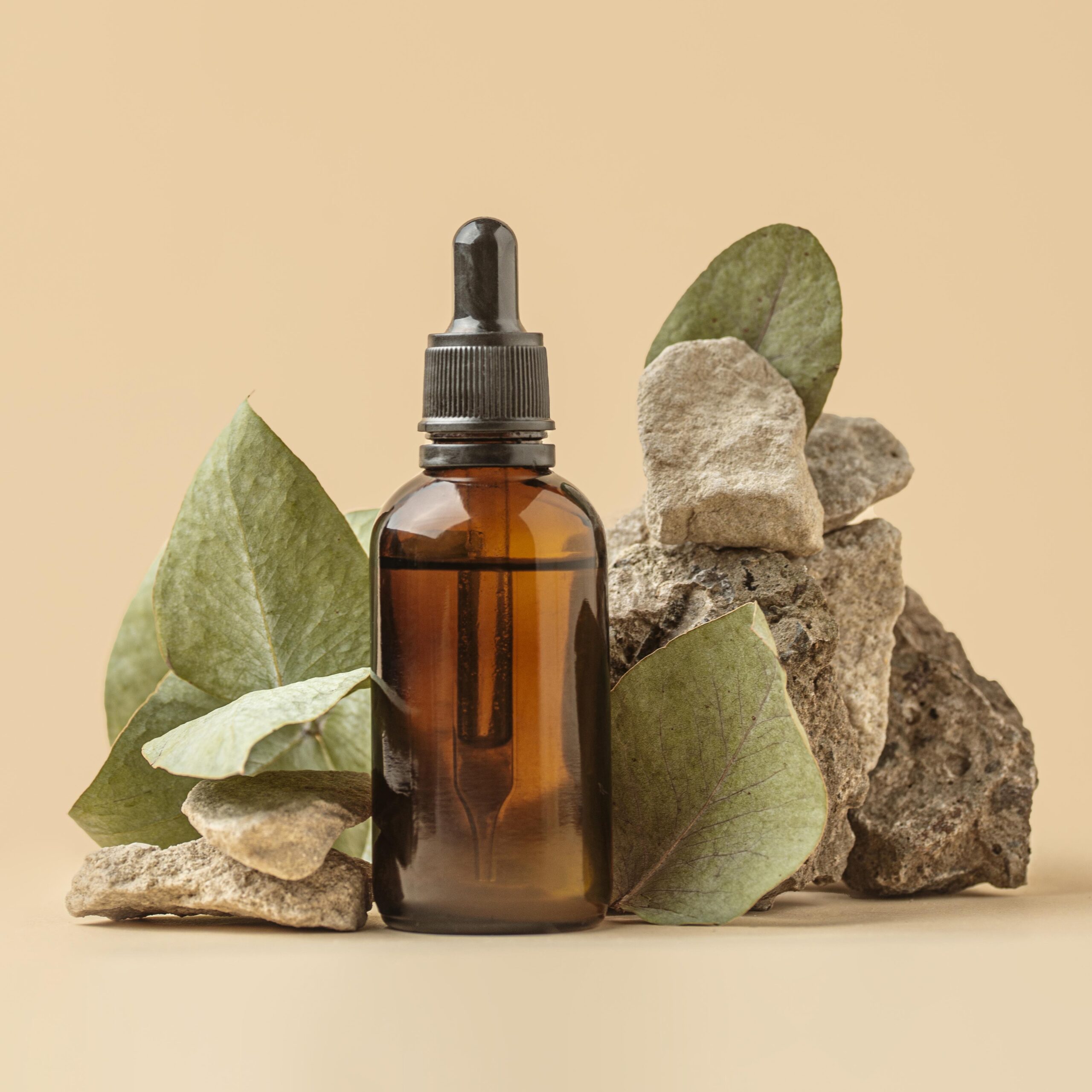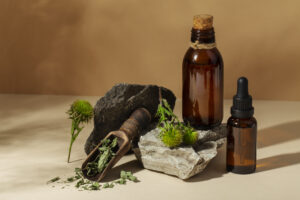NOURISH YOUR LOCKS NATURALLY: HOMEMADE HAIR SUPPLEMENTS RECIPES
Introduction:
Beautiful, healthy hair is often a reflection of overall well-being, and nourishing your hair from the inside out is essential for maintaining its vitality and luster. While there are countless hair supplements available on the market, many of them contain artificial ingredients and preservatives. Fortunately, you can harness the power of natural ingredients to create homemade hair supplements that promote hair growth, strength, and shine. In this blog post, we’ll explore the benefits of homemade hair supplements and share easy-to-make recipes using natural ingredients that support hair health.
DISCLAIMER: The information provided in this blog is for educational and informational purposes only and is not intended as medical advice. The content is not intended to diagnose, treat, cure, or prevent any disease. Readers are advised to consult with a qualified healthcare professional regarding their specific health concerns and before starting any herbal remedies or health regimen. While every effort has been made to ensure the accuracy and completeness of the information presented, the author and publisher assume no responsibility for any errors or omissions. The use of herbal remedies and traditional medicine should be undertaken with caution and under the guidance of a qualified healthcare practitioner, especially for individuals with pre-existing medical conditions or those taking medications. The inclusion of specific herbs or formulations in this blog does not imply endorsement or recommendation. Individual responses to herbal remedies may vary, and it is important to consider individual health needs and sensitivities. Always read product labels and instructions carefully before use. By accessing and using this blog, readers acknowledge and agree to the terms of this disclaimer and release the author and publisher from any liability arising from the use or misuse of the information provided.
Understanding Hair Supplements:
Hair supplements are dietary supplements designed to support hair growth, thickness, and overall health. They often contain vitamins, minerals, and botanical extracts that are believed to nourish the hair follicles, improve circulation to the scalp, and reduce hair loss. While some hair supplements can be effective, they may also come with potential side effects or interactions, especially when taken in high doses or combined with other medications.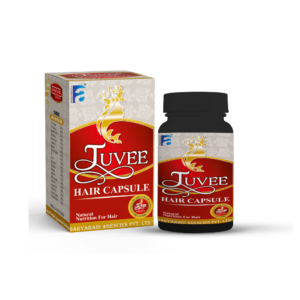
Homemade hair supplements offer a natural alternative to commercial products, allowing you to control the ingredients and customize the formulas to suit your hair type and needs. By using nutrient-rich foods and herbs, you can provide your hair with the essential vitamins, minerals, and antioxidants it needs to thrive.
Homemade Hair Supplements Recipes:
1)Hair Growth Smoothie:
– Ingredients:
– 1 ripe banana
– 1/2 cup spinach
– 1/2 cup kale
– 1/2 cup coconut water
– 1 tablespoon flaxseeds
– 1 tablespoon chia seeds
– 1 tablespoon almond butter
– 1/2 teaspoon spirulina powder (optional)
– Instructions:
– Combine all ingredients in a blender and blend until smooth.
– Enjoy this nutrient-packed smoothie as a delicious way to promote hair growth and nourish your body from the inside out.
2) Herbal Hair Tonic:
– Ingredients:
– 2 cups water
– 2 tablespoons dried rosemary
– 2 tablespoons dried nettle leaf
– 2 tablespoons dried horsetail
– 1 tablespoon apple cider vinegar
– 1 tablespoon honey (optional)
– Instructions:
– In a saucepan, bring the water to a boil.
– Add the dried herbs to the boiling water and simmer for 10-15 minutes.
– Remove from heat and let the mixture cool.
– Strain the herbal infusion into a glass bottle or jar.
– Add apple cider vinegar and honey (if using) and mix well.
Use the herbal hair tonic as a final rinse after shampooing to nourish the scalp, strengthen the hair follicles, and promote healthy hair growth.
3) Omega-3 Hair Capsules:
– Ingredients:
– 2 tablespoons ground flaxseeds
– 2 tablespoons ground chia seeds
– 2 tablespoons hemp seeds
– 2 tablespoons pumpkin seeds
– 2 tablespoons sunflower seeds
– 2 tablespoons sesame seeds
– Instructions:
– Combine all ingredients in a bowl and mix well.
– Transfer the mixture to empty vegetable capsules using a capsule filling machine or by hand.
– Store the omega-3 hair capsules in an airtight container in a cool, dry place.
– Take 1-2 capsules daily with meals to support healthy hair growth, nourish the scalp, and improve hair texture and shine.
4) DIY Hair Mask:
– Ingredients:
– 1 ripe avocado
– 1 tablespoon coconut oil
– 1 tablespoon honey
– 1 tablespoon yogurt
– Instructions:
– Mash the avocado in a bowl until smooth.
– Add coconut oil, honey, and yogurt to the mashed avocado and mix well to form a creamy paste.
– Apply the hair mask to clean, damp hair, focusing on the roots and ends.
– Leave the mask on for 30 minutes to an hour, then rinse thoroughly with warm water.
– Use this nourishing hair mask once a week to hydrate, strengthen, and repair damaged hair.
BENEFITS OF HOMEMADE HAIR SUPPLEMENTS:
- Natural Ingredients: Homemade hair supplements are made with natural, whole food ingredients that are free from artificial additives, preservatives, and fillers.
- Customizable Formulas: You can customize homemade hair supplements to suit your hair type and specific needs by adjusting the ingredients and concentrations.
- Nutrient-Rich: Homemade hair supplements are rich in vitamins, minerals, antioxidants, and essential fatty acids that promote hair growth, strength, and shine.
- Cost-Effective: Making your own hair supplements at home can be more cost-effective than purchasing commercial products, especially when using ingredients that are readily available.
CONCLUSION:
Nourishing your hair from the inside out with homemade hair supplements is a natural and effective way to promote hair growth, strength, and vitality. By incorporating nutrient-rich foods, herbs, and seeds into your diet and beauty routine, you can support healthy hair from root to tip. Whether you’re blending a hair growth smoothie, brewing an herbal hair tonic, or creating omega-3 hair capsules, homemade hair supplements offer a holistic approach to hair care that is gentle, nourishing, and sustainable.


